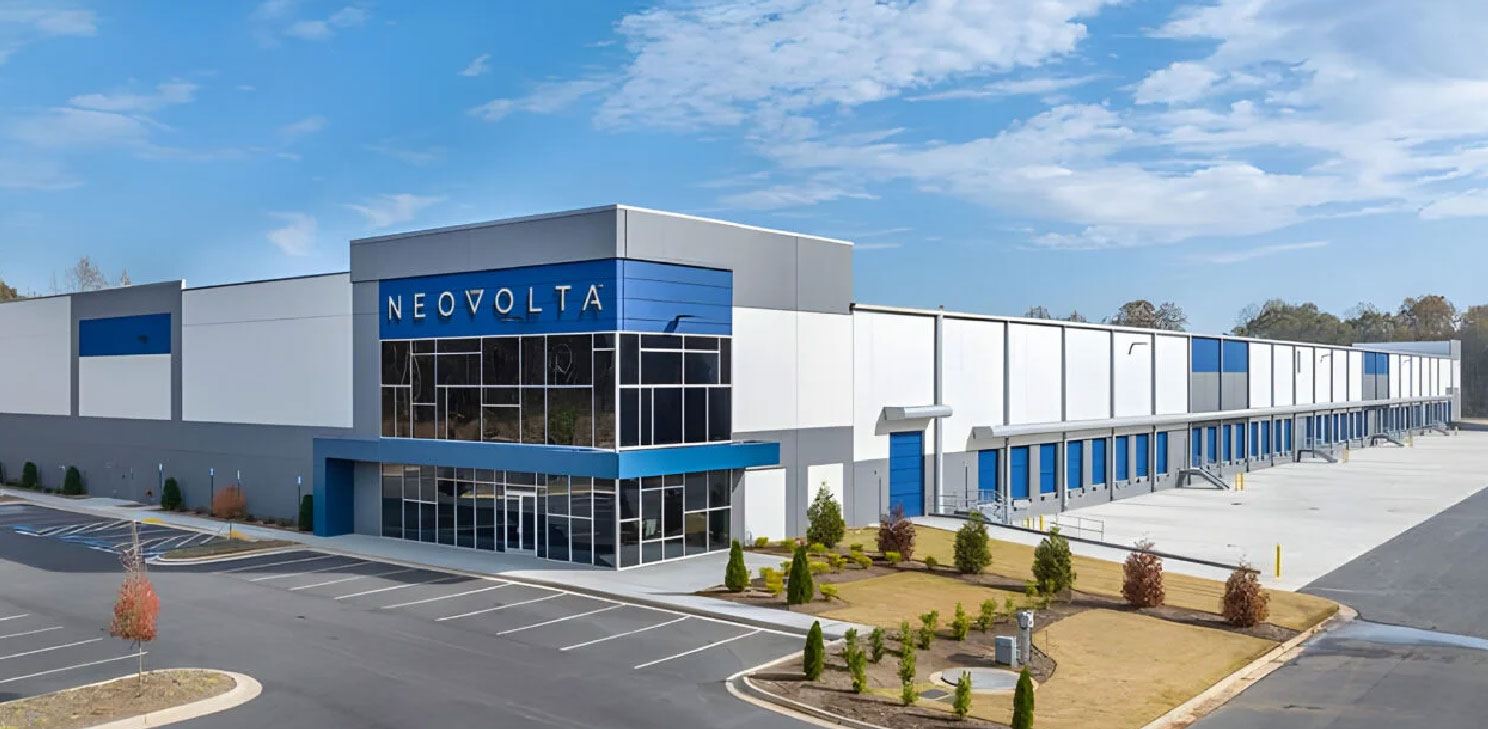The Importance of Aseptic Workforce Training
Empowering the aseptic workforce through training and continuous learning is not only a matter of compliance but also a strategic imperative for maintaining product integrity and patient safety. The foundation of a competent aseptic workforce is comprehensive training. Training programs should be designed to cover all aspects of aseptic technique, equipment operation, and cleanroom behaviour. It’s essential that employees understand the reasons behind each protocol and the potential consequences of non-compliance.
Initial Aseptic Workforce Training
Initial training is the first step in empowering the aseptic workforce. New employees must be thoroughly educated on the principles of microbiology, sterilisation methods, environmental monitoring, and personal hygiene. They should also receive hands-on training in a simulated cleanroom environment before they begin working in the actual production area. VR is becoming increasingly more prevalent due to improved technology and cost-effectiveness.
Job-Specific Aseptic Workforce Training
Beyond the basics, employees need job-specific training tailored to their particular roles and responsibilities. For example, operators who handle equipment need detailed instructions on machine operation and maintenance, while quality assurance personnel require training on regulatory standards and inspection techniques. As we rely more heavily on automation, robotics and artificial intelligence, employees who have been traditionally seen as not having a direct impact on aseptic processes now require an understanding of not only the basic core elements of aseptic processing but a thorough understanding of areas such as machine learning and data science and how both are connected.
Continuous Learning and Ongoing Education
The pharmaceutical industry is dynamic, with ongoing advancements in technology and changes in regulatory requirements. Continuous learning is critical to ensure that the workforce remains up to date with the latest aseptic techniques and compliance issues.
Ongoing education can take many forms, including in-service training sessions, workshops, seminars, and online courses. Companies should encourage their employees to pursue professional development opportunities and provide the necessary resources and time. Periodic assessments and refresher courses help to reinforce the importance of aseptic practices and ensure that employees don’t become complacent.
Compliance Training
Mutual reliance and recognition between regulators has provided clarity of expectations, especially in the aseptic manufacturing area. Adherence to those requirements is non-negotiable for aseptic processing facilities. In the post-pandemic world, manufacturing sites are being inspected with increased regularity to ensure compliance. Companies must have a thorough understanding of these expectations around aseptic processing. This includes having well-documented procedures, validated processes, and robust quality control systems in place. A robust training and learning culture is a key ingredient in ensuring a compliant operation.
Integrating quality management principles into every aspect of the operation is especially critical. This approach emphasises risk management, process validation, and a culture of continuous improvement. Data integrity is a primary focus for health authorities. Poor record-keeping and a lack of adherence to ALCOA principles can lead to poor inspection outcomes or worse. Employees must be trained to document their work meticulously, as these records serve as proof that the company follows proper aseptic techniques and quality control measures.
Challenges and Solutions
Empowering the aseptic workforce through training and continuous learning presents several challenges. However, there are strategies that companies can employ to overcome these obstacles. The regulatory landscape and aseptic technologies are constantly evolving. Companies must stay informed about changes and update their training programs accordingly. This requires a dedicated team or individual responsible for monitoring industry trends and regulatory updates. Organizations like ISPE that promote training and learning are essential for the growth of the industry.
To discuss aseptic processing and the key issues facing the industry, connect with solution providers and network with delegates, attend the 4th Aseptic BioPharma Processing Summit in Vienna, Austria, on October 7-8, 2025.
For more information, visit our website or email us at info@innovatrix.eu for the event agenda. Visit our LinkedIn to stay up to date on our latest speaker announcements and event news.















